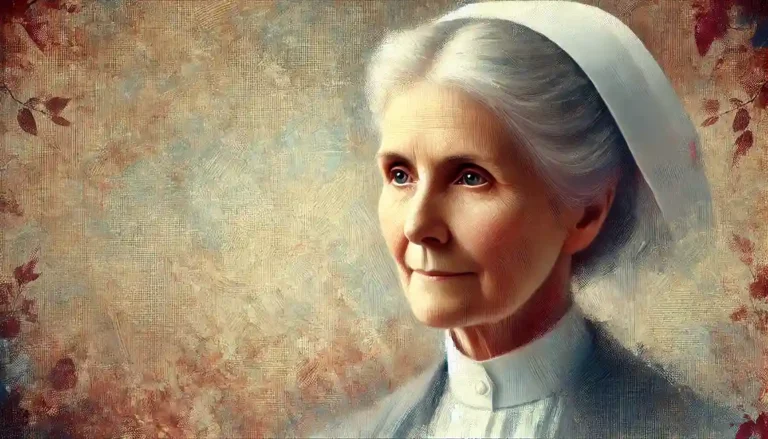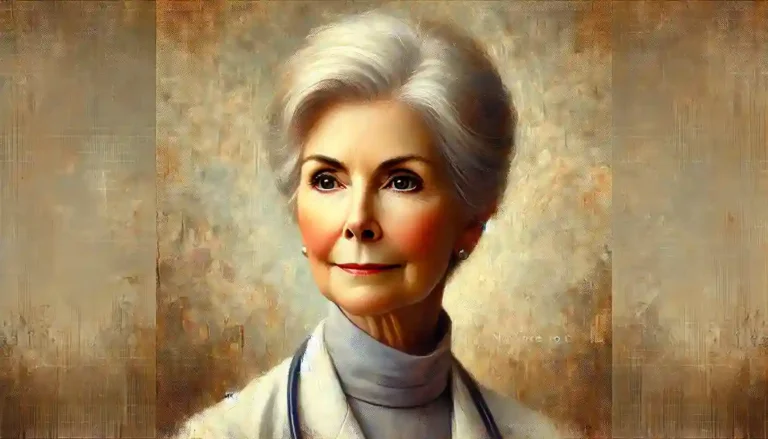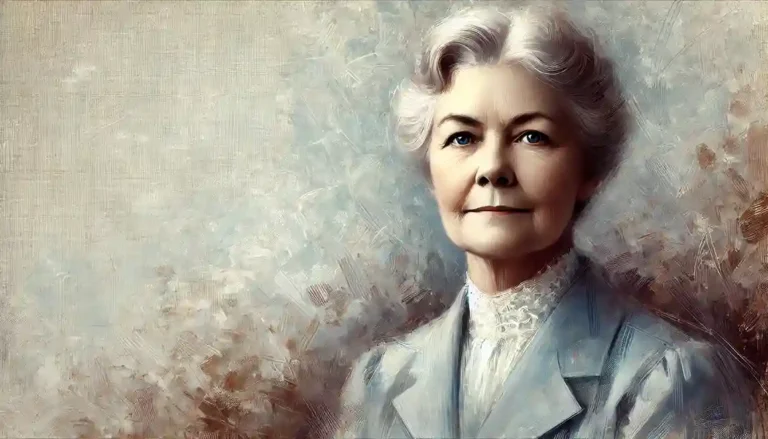Afaf Meleis, a distinguished nurse theorist, researcher, and educator, is renowned for her development of the Transitions Theory, which focuses on the experiences and processes individuals go through during life changes and transitions in health.
Her work has had a profound impact on nursing research, education, and practice by emphasizing the importance of understanding and supporting patients during times of transition.
In this article, we cover Afaf Meleis’ life, achievements, philosophy, and lasting impact on modern nursing.
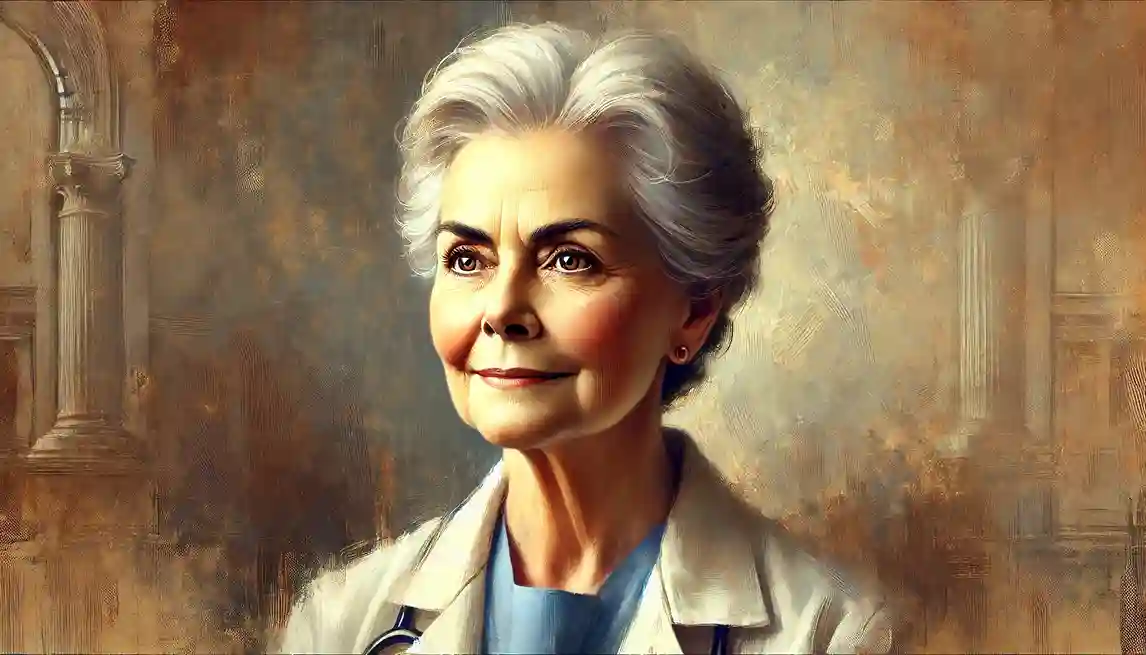
Quick Summary
- Developed the Transitions Theory, which addresses the process of adapting to life changes and health-related transitions.
- Highlighted the role of nurses in identifying and supporting individuals through transitional periods.
- Authored influential publications that have advanced nursing research and knowledge.
- Advocated for culturally sensitive and patient-centered approaches to care.
- Recognized globally for her contributions to nursing theory, leadership, and academic excellence.
Early Life and Background of Afaf Meleis
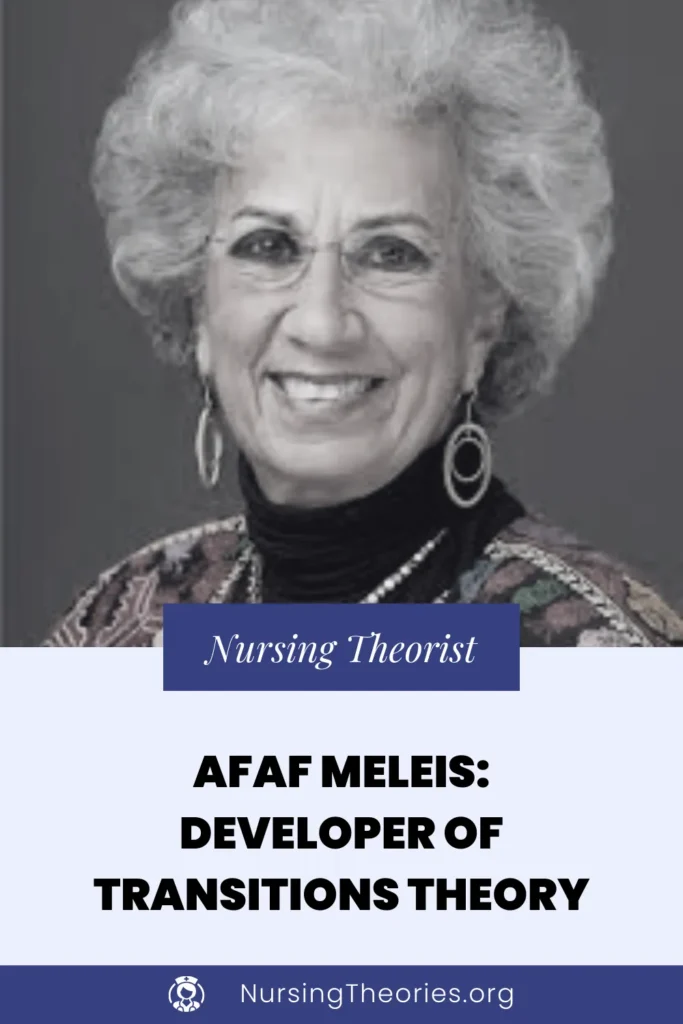
Birth and Family Background of Afaf Meleis
- Afaf Ibrahim Meleis was born in 1942 in Alexandria, Egypt, into a family that valued education and intellectual growth.
- Her early exposure to academic excellence and healthcare settings influenced her passion for nursing and research.
Education and Early Influences in Meleis’ Life
- Meleis earned her nursing diploma from the University of Alexandria and later pursued higher education in the United States.
- She obtained her master’s and doctoral degrees from the University of California, Los Angeles (UCLA), focusing on nursing science and sociology.
- Her interdisciplinary education laid the foundation for her work in nursing theory and research frameworks.
Afaf Meleis’ Philosophy and Vision for Nursing
- Meleis believed that nursing should address the holistic needs of patients by considering their physical, emotional, and social experiences during transitions.
- Her vision emphasized the importance of culturally competent care and the role of nurses as facilitators of positive transitions.
- Famous quote: “Nursing is about understanding the human experience, especially during moments of vulnerability and change.”
Afaf Meleis’ Education and Early Nursing Career
Formal Education and Nursing Training of Afaf Meleis
- Meleis’ academic journey included a strong focus on nursing science, sociology, and cultural studies.
- Her multidisciplinary background allowed her to develop a theory that integrates psychological, social, and cultural dimensions of patient care.
Early Professional Experiences in Meleis’ Career
- Meleis worked as a clinical nurse and later transitioned into academic roles, where she taught and conducted research.
- Her experiences in diverse healthcare environments highlighted the need for a theory addressing the complexities of transitions in health.
Key Achievements and Contributions of Afaf Meleis
Development of the Transitions Theory
- Meleis’ theory identifies different types of transitions, including developmental, situational, health-illness, and organizational transitions. Key concepts include:
- Nature of Transitions: Transitions are complex, multidimensional processes that involve change and adaptation.
- Transition Conditions: Factors such as socioeconomic status, cultural background, and support systems affect how individuals experience transitions.
- Nursing Therapeutics: Nurses play a critical role in facilitating positive outcomes by providing support and interventions during transitions.
- Indicators of Healthy Transitions: These include mastery of new roles, integration of changes, and well-being.
Contributions to Nursing Education and Curriculum Development
- Meleis integrated her theory into nursing curricula, emphasizing the importance of understanding life transitions in patient care.
- She developed teaching strategies that encourage critical thinking and culturally sensitive care among nursing students.
Research and Theoretical Advancements
- Meleis conducted extensive research on transitions in health and the factors that influence patient outcomes.
- Her studies provided empirical evidence supporting the importance of transitional care interventions.
Global Impact and Recognition
- Meleis’ theory has been adopted in nursing education and practice globally, influencing how nurses support patients during life changes.
- She has received numerous awards and honorary doctorates in recognition of her contributions to nursing theory and research.
Overview of Afaf Meleis’ Transitions Theory
- The theory focuses on identifying and addressing the challenges individuals face during transitions to promote successful adaptation.
- By understanding the factors affecting transitions, nurses can provide targeted interventions and support.
- To explore this theory in greater depth, visit the in-depth article on the Transitions Theory.
Notable Publications by Afaf Meleis
- Transitions Theory: Middle Range and Situation-Specific Theories in Nursing Research and Practice – A key text that elaborates on her theory and its applications.
- Theoretical Nursing: Development and Progress – A comprehensive resource on nursing theories and their development.
- Numerous articles on culturally competent care, transitional experiences, and nursing interventions.
Challenges and Criticisms of Afaf Meleis’ Work
Challenges in Applying the Theory in Diverse Settings
- Some healthcare providers have faced difficulties in fully applying the theory in fast-paced or resource-limited environments.
- Meleis emphasized the importance of flexibility and adaptation when implementing the theory.
Criticisms of the Theory’s Complexity
- Critics argue that the multifaceted nature of the theory can be challenging to operationalize in clinical settings.
- However, proponents highlight its success in addressing the unique needs of patients undergoing transitions.
Timeline of Major Milestones in Afaf Meleis’ Life
- 1942: Born in Alexandria, Egypt.
- 1960s: Earned her nursing diploma and began her clinical career.
- 1970s: Developed the Transitions Theory based on her research.
- 1980s: Published key works on nursing theory and practice.
- 2000s: Served as Dean of the School of Nursing at the University of Pennsylvania.
- Present: Continues to mentor nursing students and contribute to research.
Legacy and Lasting Impact of Afaf Meleis
Impact on Nursing Practice and Patient Care
- Meleis’ theory has improved nursing assessments and interventions by addressing the psychological and social dimensions of patient care.
Global Influence and Recognitions
- Her work is taught in nursing schools worldwide and applied in diverse healthcare settings.
- Meleis’ contributions have earned her numerous honors and recognition as a leader in nursing research and education.
Final Years and Ongoing Work of Afaf Meleis
- Meleis continues to mentor students and collaborate with researchers, focusing on improving transitional care and culturally competent nursing.
- Her ongoing work highlights the importance of understanding patients’ life experiences in delivering effective care.
Key Lessons from Afaf Meleis for Modern Nursing
- Understanding transitions: Recognizing the complexities of transitions is essential for effective care.
- Culturally competent care: Nurses should consider cultural factors when supporting patients during transitions.
- Holistic assessments: Addressing emotional, social, and physical needs improves patient outcomes.
- Interdisciplinary collaboration: Working with other healthcare professionals enhances transitional support.
- Lifelong learning: Nurses should engage in continuous learning to adapt to the evolving needs of patients.
Conclusion
Afaf Meleis’ Transitions Theory has transformed nursing by emphasizing the importance of understanding and supporting patients through life changes and health transitions.
Her work, explored further in the in-depth article on the Transitions Theory, continues to guide modern nursing education and practice.
Meleis’ legacy endures as her theory remains central to providing holistic and patient-centered care.


